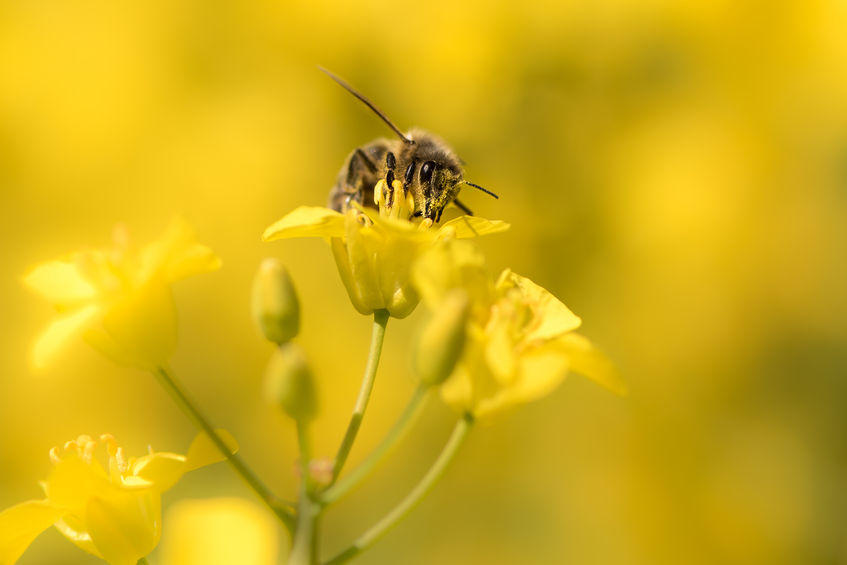'Far-reaching consequences': Bayer to appeal against EU verdict neonics

Agri-chemical giant Bayer is to appeal against the recent European Union verdict on neonicotinoids, saying it will have "far-reaching consequences".
The German giant will appeal against the recent ruling of the General Court of the European Union in Case T-429/13.
The Court has ruled that the European Commission’s decision from 2013, which restricted the use of certain neonicotinoids, was lawful.
But Bayer said it is concerned that the verdict, announced in May, could have "far-reaching consequences" for the "certainty and predictability" of active substance approvals in the EU.
By appealing against the verdict, the agri-chemical company said it aims to ensure that some general interpretations of the crop protection law established by the court are re-considered.
These interpretations may have importance beyond this particular case, and Bayer believes they are not legally founded.
In a statement Bayer said: "Bayer wishes to underline that it respects the European legislative process and accepts the recent decision of the EU Member States to broadly restrict the use of certain neonicotinoids in agriculture. As a consequence, the company has withdrawn the clothianidin dossier from the ongoing renewal process.
"Bayer stands by the safety of its products – which have been approved by regulatory bodies around the globe – and reiterates the value that neonicotinoids have for farmers in managing pests effectively."
Since December 2013 three neonicotinoid pesticides - imidacloprid, clothianidin and thiamethoxam - have been banned for use on crops attractive to bees in the EU.
The restrictions were imposed after a previous report by European Food Safety Authority (EFSA) concluded that they posed a "high acute risk" to honey bees.
In April this year, EU member states voted for proposals to enforce an almost-complete ban on the use of neonicotinoid insecticides across the EU. However, growers will still be free to use neonicotinoids in greenhouses.








